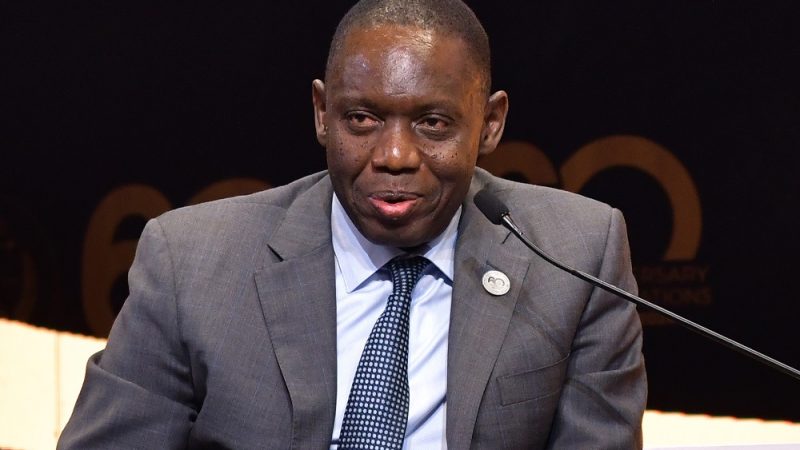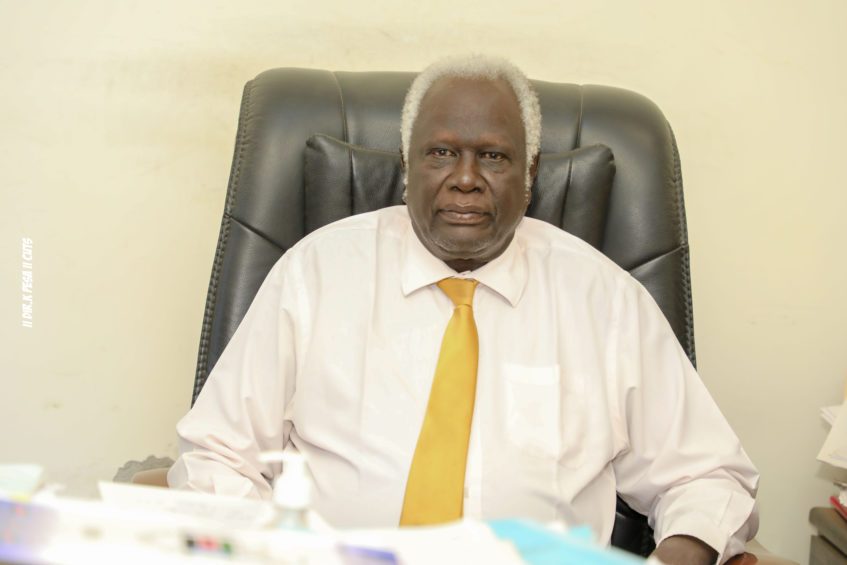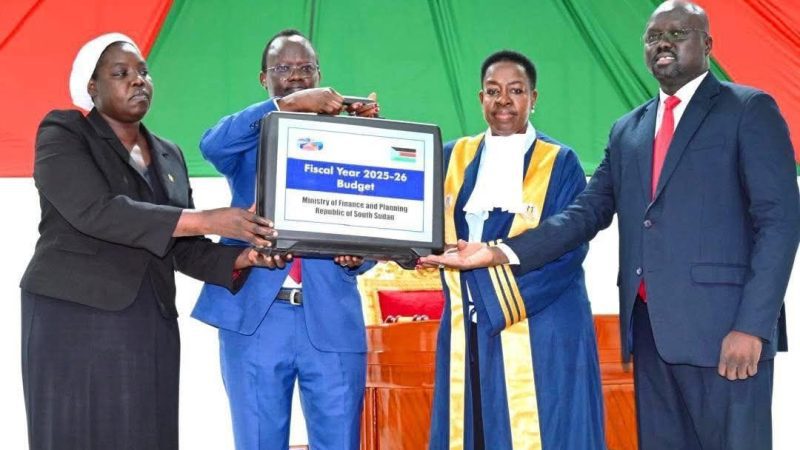The Transitional National Legislative Assembly (TNLA) on Monday approved the Banking and Other Financial Institutions Bill 2023 in its fourth and final reading, pending approval from the president to become a law.
Changkuoth Bichiok Reth, the chairperson of the Committee on Finance and Economic Planning, presented the bill which also changed the name of the South Sudanese Pound to the South Sudan Pound.
Reacting to the changes during the deliberation, Charles Majak, an SPLM lawmaker from Warrap State, objected to the change saying currency belongs to the people and not the country.
“When this bill was brought for the second reading I objected to the amendment of South Sudanese Pound to South Sudan Pound and I said this word Sudanese is used for possession because money is a medium of exchange otherwise we have what we call barter trade,” he said. “It is the people who possess those resources in the form of money. Why would you delete Sudanese and put Sudan? South Sudan does not own the resources, it is the people who own the resources and they are living within the international border in a place called South Sudan.”
In defense of the changes, Changkuoth Bichiok said the money belongs to the country and therefore the name should be changed accordingly.
“In all countries, the money belongs to the country and is named after the country which people belong to,” he argued. “So, the money should be called the South Sudan Pound. In all the countries, the money belongs to the country and this is the practice.”
Meanwhile, Addis Ababa Othwo, the Deputy Governor of the Bank of South Sudan, said the change is in line with the practice in the region.
“The practice in the region when it comes to currency is to name the currency after the country,” he stated. “In Kenya, they call it Kenya Shillings and in Uganda, they call it Uganda Shillings that is why we are changing it from South Sudanese Pounds to South Sudan Pounds.”
Reacting to the development, Dr. Abraham Maliet, an economist, said the change of the currency’s name will require the country to change the South Sudanese Pounds to conform to the new name.
“It is just a name and will not have any impact at all because it does not have to do with its value or shape. It is just a change from the South Sudanese Pound to the South Sudan Pound. It is just English,” he said. “Linguistically, there is no problem there and what will happen is that you will have to change its name from the current notes. So, you will have to do what is called phase out and new notes will have South Sudan Pounds.”







